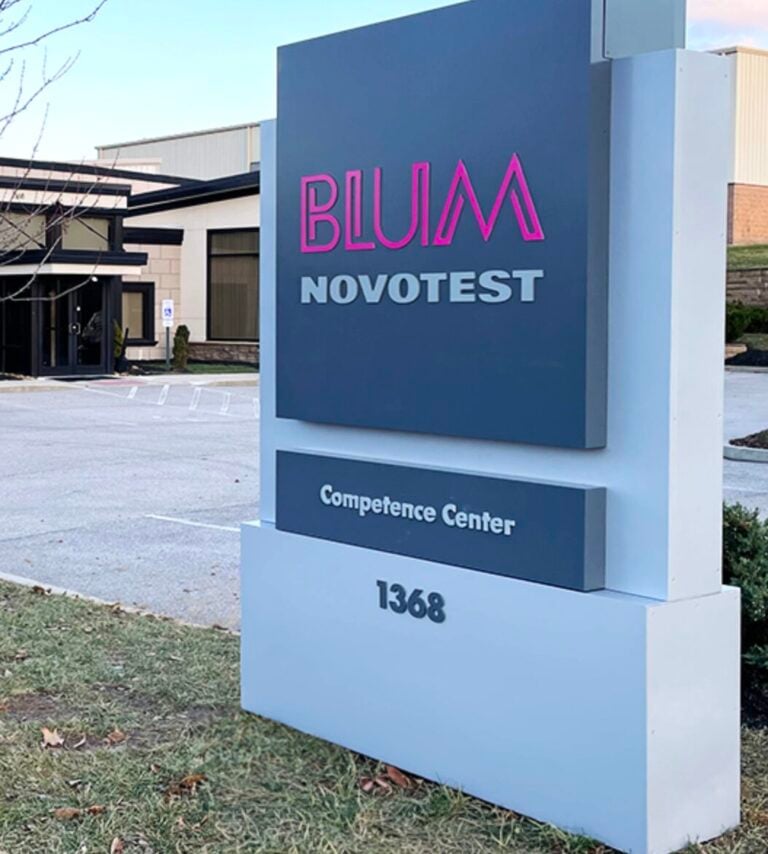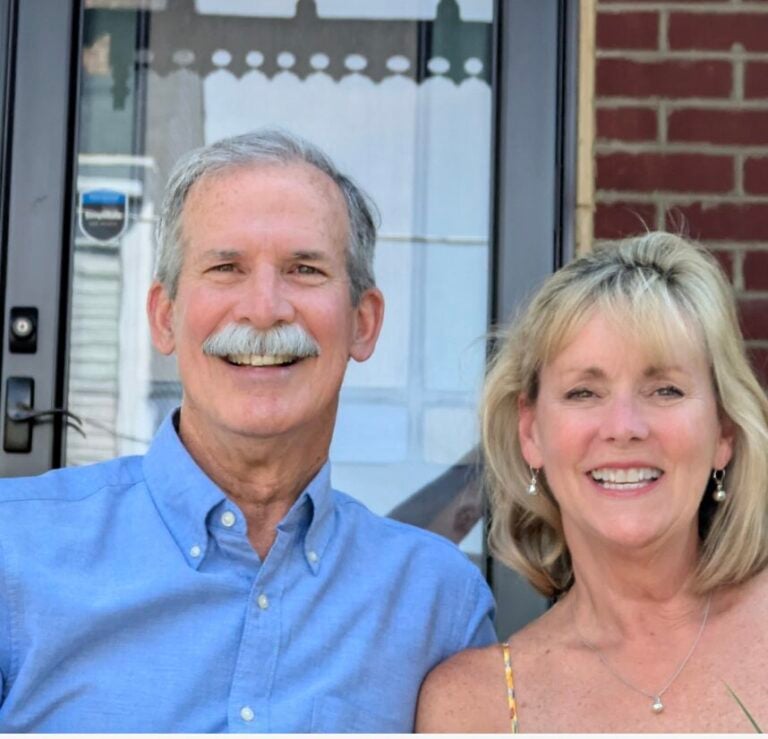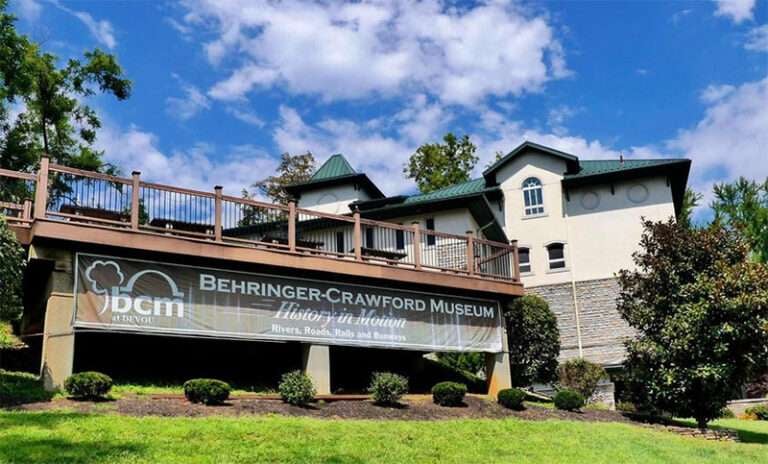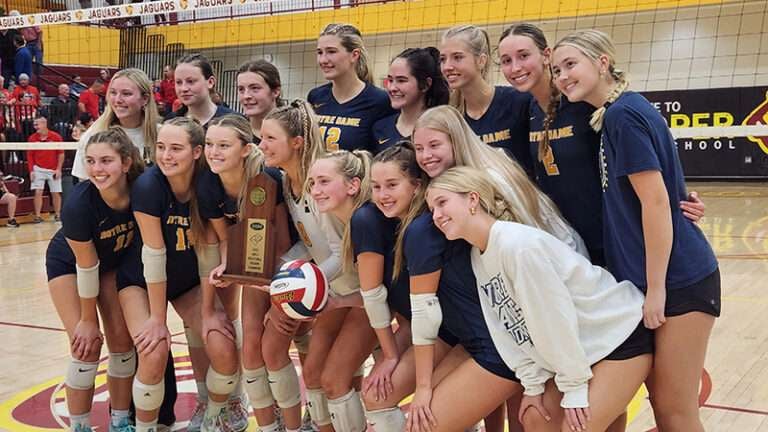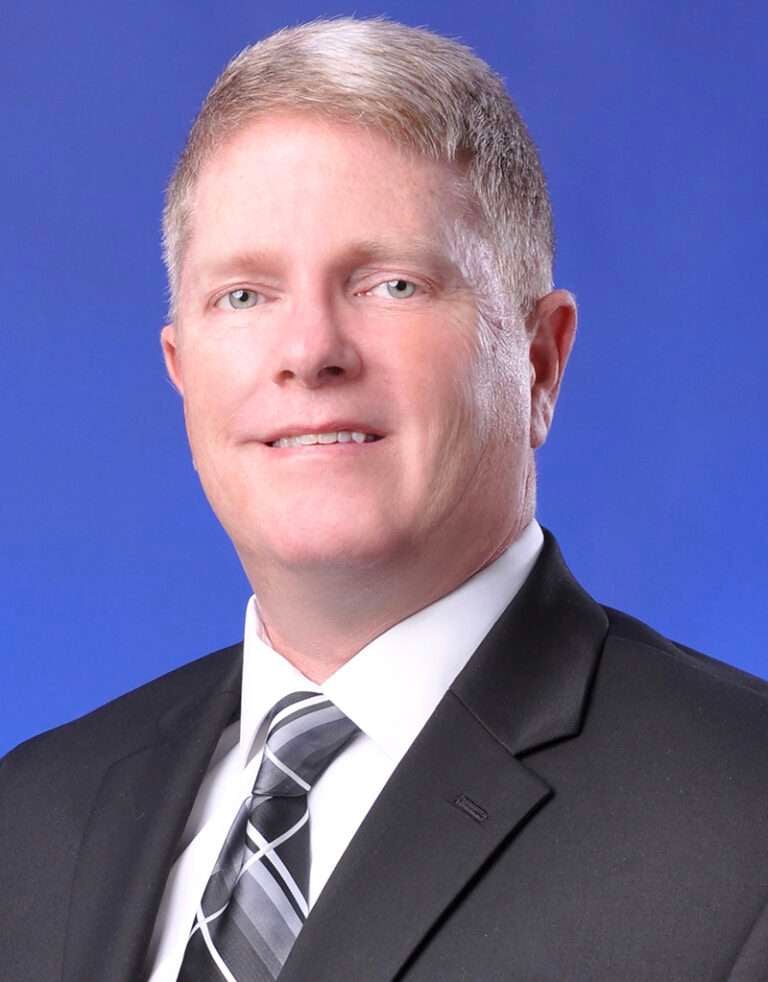Have you ever wondered why hotel rooms are so costly? Think about it: How much does it really cost a hotel operator to put one person up for the night?
There are more factors to take into consideration than you may realize.
For example, consider the implications of the Erin Andrews’ legal case. The broadcast sports reporter was awarded $55 million in damages after a man in an adjoining room secretly recorded video of her at a Marriott hotel in Nashville in 2009.
Jurors determined that Michael David Barrett, a former insurance company executive, was 51 percent at fault and liable for that much of the $55 million award levied against him, West End Hotel Partners, the hotel owner, and Windsor Capital Group, the hotel management company. The hotel owner and management group were ruled responsible for the other 49 percent of the violation of privacy award.

Marriott International was dismissed as a defendant when the judge determined that the chain is not responsible for security at individual franchises.
In Andrews’ case an obsessed fan requested a room next to her where he later altered the peephole to her room and videotaped more than four minutes of her in various states of dress. Barrett later shared those images across the internet where they have been viewed more than 17 million times.
Andrews was with ESPN at the time. She is now a reporter for Fox Sports. Her attorneys argued that the owners and operators of the hotel failed to keep the sportscaster safe when she was a guest.
Andrews accused the hotel staff of giving out her room number to Barrett and granting his request to be placed in a room adjoining hers. Barrett told a conflicting story about how he got her room number. Privacy experts say the strange part was that the hotel didn’t have any written training materials regarding guest confidentiality.
It’s hard to phantom that a mistake by a front desk clerk could cost $26.9 million, not to mention the resulting negative publicity.
Jurors must have been asking themselves: Could this happen to me or my family? Did the hotel ensure the safety and privacy of Andrews? Were hallways actively monitored or patrolled? How is it that no one saw Andrews’ stalker standing outside her door and using a hacksaw to change the peephole to set up his videotaping?
The hotel industry being sued isn’t uncommon, as lawsuits abound for a variety of issues — from lack of physical security, bedbugs, theft, sexual assault, injuries sustain on the premise, disability discrimination, negligence from carbon monoxide poisoning, unpaid wages, liquor liability — and more.
One of Donald Trump’s hotels was recently sued by an orthodox Jewish man for serving him a non-kosher sandwich.
The fact is the hospitality industry is ripe for all kinds of lawsuits. It provides food, lodging and entertainment to a wide variety of patrons in multiple contexts. Staff routinely deal with confidential patron information. No specific laws govern confidentiality in the hospitality industry, but their contracts and policies should clearly indicate what degree of privacy customers can expect.
It’s vital for hotels to safeguard their guests. Just as a hotel must foresee that a thief or attacker could break into guest rooms, it is equally as important to guard against invasions of privacy. Hotels should use controlled access, guards and security cameras to actively monitor hallways and common areas. Staff should be properly trained to look for anything suspicious.
The U.S. Supreme Court has established that hotel guests have a “reasonable expectation of privacy” in hotel rooms. Subsequently, police officers need a warrant to search a guest’s room, but guests are not entitled to any special privacy. If another guest can hear a conversation due to thin walls, for example, this is not a confidentiality violation.
The effect of the Erin Andrews trial, however, calls attention to expectations of safety and privacy in hotels and the costly penalties hotels will face for failing to meet them.
Be Safe My Friends.
Keven Moore works in risk management services. He has a bachelor’s degree from University of Kentucky, a master’s from Eastern Kentucky University and 25-plus years of experience in the safety and insurance profession. He lives in Lexington with his family and works out of both the Lexington and Northern Kentucky offices. Keven can be reached at kmoore@roeding.com.







